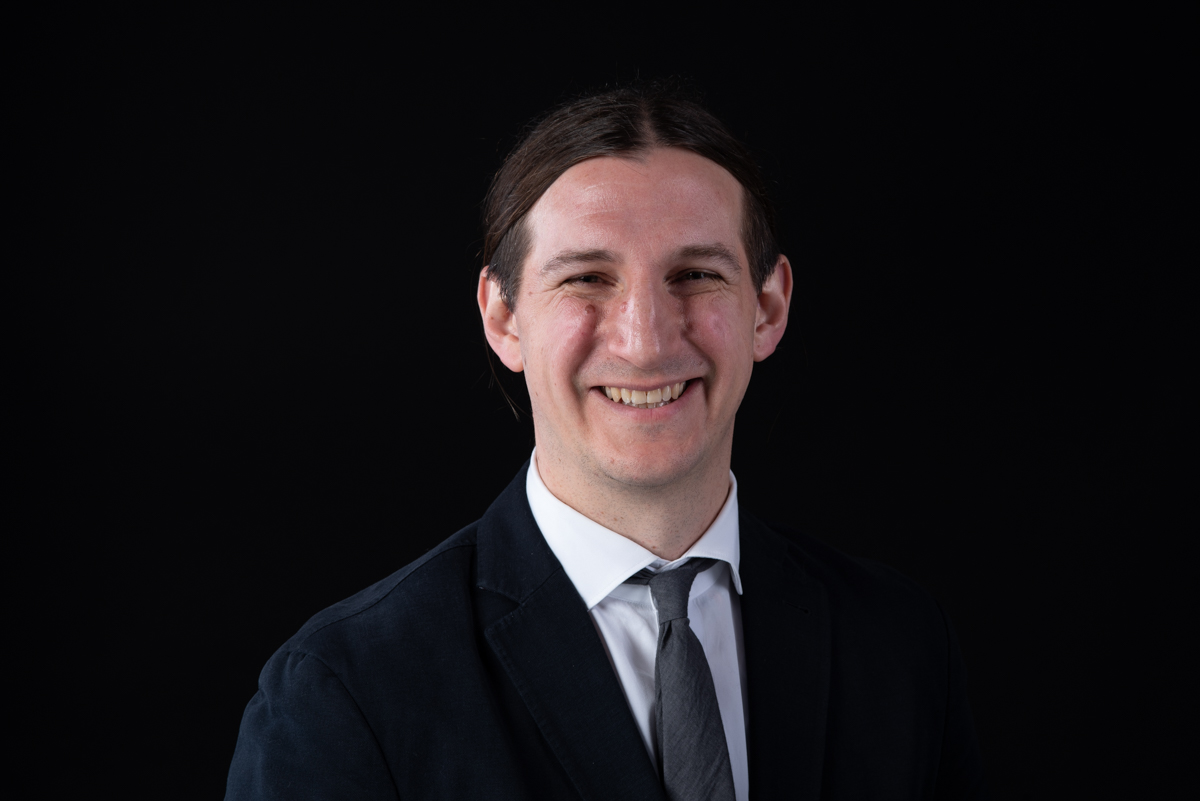Teaching
It’s the first day of class and I’d like to take a moment (and two pages) to explain to you—the student—why I teach the way I do.
Three categories of goals. Most of you are here because the content of the course—the history of capitalism, environmental history, food history—interests you. Teaching that content is one of my goals, but I have two others. One is teaching you skills that will be useful in other classes. I teach you how to use Zotero because it will help you with courses in Chemistry and Sociology, too. My most important goal, though, is teaching you the historical method. Being able to look at fragments of the past and write a narrative with an argument is something that will be valuable whether you become a professional historian or not.
Learning together. I frequently ask students to ponder a historical question, get together in small groups, compare their ideas, and then report back their group’s answer. This technique (called “think-pair-share”) makes it easy for you to speak up in class because you’re sharing your group’s answer, not necessarily your own. You are an active producer of knowledge together with your peers, rather than a passive recipient. This kind of learning depends on us knowing each other and being comfortable speaking in front of one another. It’s the reason that I will ask you repeatedly in the first month to introduce yourselves before starting any short group exercises and why I award you 6% of your final grade for coming to office hours. I would like to get to know you and I want all of you to know each other. Think-pair-share is one of the ways (along with polls, exit surveys, and graded writing assignments) that I can see if you are learning and make sure I’m helping you achieve the course’s objectives. I will also share some of my research I’m working on with you during the semester and demonstrate the problems I’m working through as I write.
A classroom for everyone. I want to create a classroom where there as few barriers to learning as possible. One way to do that is to write a syllabus which reflects a broad range of voices and topics. I’m hoping everyone who takes my classes can see some of their experience in the readings. We’ll read about famous elites making speeches but also about enslaved people remaking their world; we’ll talk about national parks but also about urban neighborhoods; we’ll trace railroad lines across the continent but also the paths the poor took to where they could jump a train just beyond the station. A few other ways I will make this course accessible include keeping costs down, being explicit about my expectations through grading rubrics (more about those soon), and using colors on the dry-erase board that even those of you who are colorblind can distinguish. If there’s something else I can do, please email me or come to office hours.
Writing something meaningful. For your final paper, I’ll ask you to use the skills you will learn in this class—analysis of primary sources, use of secondary sources to frame and develop primary sources, etc.—to write a long piece on a topic meaningful to you. It might be relevant to you right now in a personal way or it might be useful professionally to a future you. You can write a research essay, a white paper, a long-form magazine article, or a consultant’s report. In Week Two I’ll provide more information and then together we will create a grading rubric (an outline of what you need to do to do well on the assignment). My goal is to give you some autonomy to write something that will be meaningful (and potentially useful) to you and which may have an audience beyond me.
A mix of high- and low-tech. There is a good deal of research that suggests that students with laptops take poorer notes, are distracted, and distract their neighbors. Only students who have an accessibility accommodation or who have made a compelling argument to me about their need for a laptop can use computers in class. That said, I am happy to use technology in this course. I will make extensive use of polling through your cell phones, memory checks on Canvas, and Zotero.
Quizzes as a way to learn better. You’ll take a lot of quizzes this semester, either online or using clickers during class. These are not difficult, tricky quizzes: they mostly just check to see if you remember what you read (I call them “memory checks,” not “quizzes”). For online memory checks, you have 20 attempts and only your highest grade counts; for in-class polling memory checks, you get 100% credit if you simply are present and take the quiz. You’ll experience “the testing effect”: the more often you recall (and apply) knowledge, the better you remember it. You’ll also do a lot of ungraded short writing in your course journals. I’ll give you a primary source to analyze, generate possible arguments, or critique something we’ve read in class. I’ll periodically collect your journals and make comments.
I’m committed to helping you learn. I’m also committed to making learning the historical method (and some college skills) accessible to everyone. I’m happy to discuss my pedagogy and consider suggestions you might have.
Zachary Nowak
Robinson Hall L25
Office hours: Mondays 11am-1pm & by appointment
znowak@fas.harvard.edu
My teaching portfolio is a record of my efforts to improve my teaching, and the results of time advising students inside and outside of the classroom. The video below was the result of a course on cognitive research in education.
